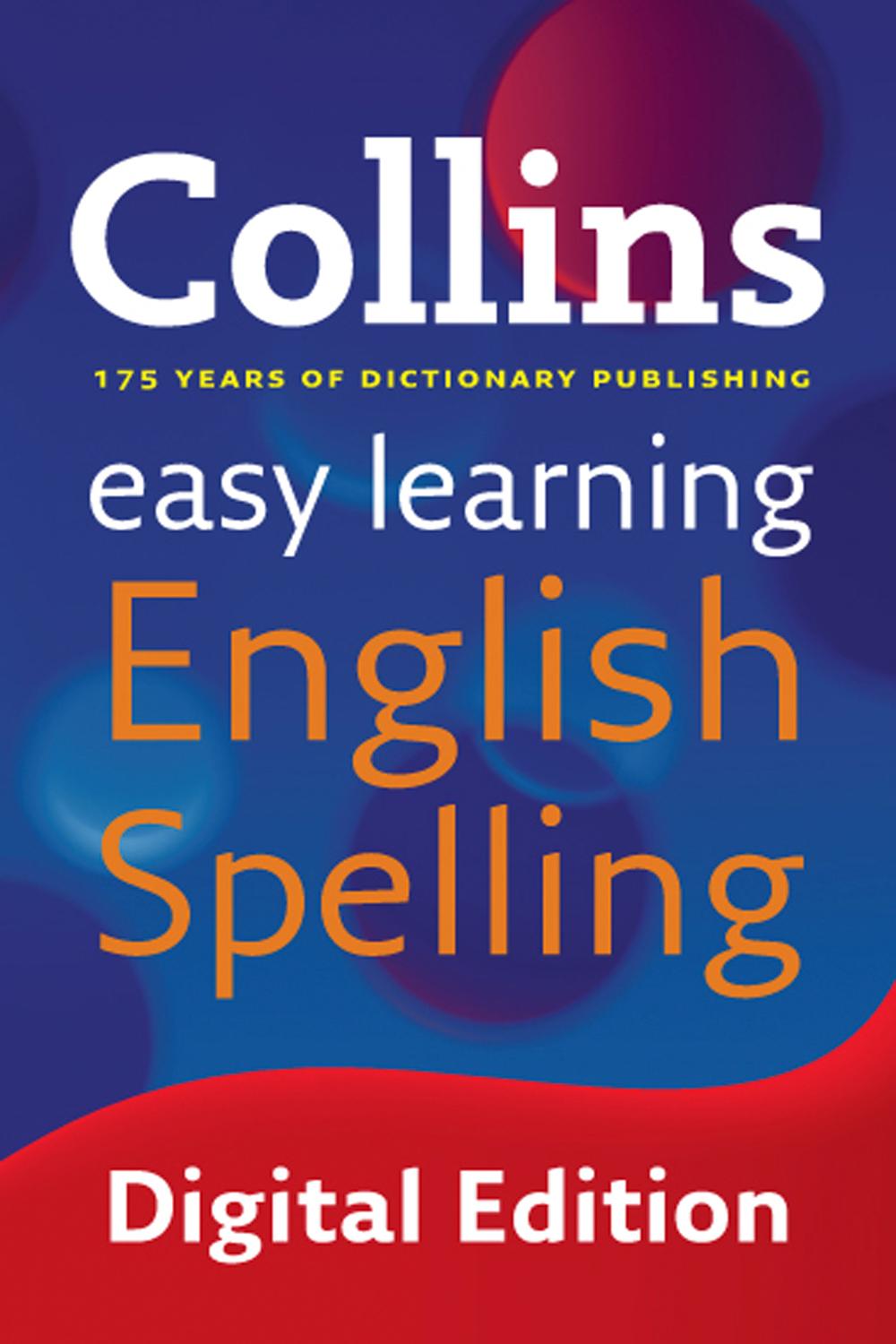Key Takeaways
1. Master the English Alphabet and Basic Letter-Sound Relationships
"There are twenty-six letters that are used to spell words in English"
Alphabet fundamentals. The English language uses 26 letters, including 5 vowels (A, E, I, O, U) and 21 consonants. Understanding the basic sounds associated with each letter is crucial for spelling proficiency. However, it's important to note that some letters can represent multiple sounds, and some sounds can be represented by different letters or letter combinations.
Vowel and consonant combinations. Most words in English are composed of a mixture of vowels and consonants. Typically, it's unusual to find more than two vowels or two consonants together in a word. Common consonant combinations include:
- L, R, and W following other consonants (e.g., blob, grip, dwell)
- S preceding other consonants (e.g., scan, skip, slip)
- Combinations like CH, PH, SH, and TH producing distinct sounds
2. Understand Common Spelling Patterns and Building Blocks
"Because so many words are made up of these building blocks, you don't need to learn every spelling individually."
Prefixes and suffixes. Many English words are formed by adding prefixes (at the beginning) or suffixes (at the end) to root words. Learning common prefixes and suffixes can significantly improve spelling ability:
- Common prefixes: un-, re-, dis-, pre-, in-, sub-
- Common suffixes: -able, -tion, -ous, -ful, -ness, -ly
Word families and roots. Words that share the same root often preserve similar spelling patterns. Recognizing these relationships can aid in spelling:
- act, action, activity, react, reaction
- irritate, irritant, irritable
Compound words. Many English words are formed by combining two existing words:
- book + shop = bookshop
- door + mat = doormat
- summer + house = summerhouse
3. Learn Essential Spelling Rules and Their Exceptions
"English has a small number of rules that underpin how words and certain types of word ought to be spelt."
Key spelling rules. Familiarizing yourself with essential spelling rules can greatly improve your accuracy:
- Q is always followed by U (except in a few foreign words)
- I before E, except after C (with some exceptions)
- Adding a silent E often makes a short vowel become long
- C and G are soft before I and E, but hard before A, O, and U
Rule exceptions. While rules are helpful, it's crucial to be aware of common exceptions:
- Words like "seize" and "weird" break the "I before E" rule
- Some words maintain a hard G sound before I and E (e.g., "get," "girl")
4. Navigate Tricky Silent Letters and Double Consonants
"Some words are hard to spell because they contain letters that are not pronounced in speech."
Silent letters. Many English words contain silent letters, often remnants of their original pronunciation or etymology:
- B: doubt, debt, subtle
- G: sign, gnaw, foreign
- H: hour, honest, ghost
- K: knife, know, knuckle
- W: write, answer, sword
Double consonants. Some words feature double consonants, which can be challenging to remember:
- Words with double consonants: committee, embarrass, occurrence
- Words that surprisingly don't have double consonants: accommodate, necessary, millennium
Memorizing these patterns and exceptions can significantly improve spelling accuracy.
5. Differentiate Between Commonly Confused Words
"When two words have a similar or identical sound, it is easy to confuse them and use the correct spelling for the wrong word."
Homophones. Words that sound the same but have different meanings and spellings are called homophones. Learning to distinguish these is crucial for accurate spelling and communication:
- their/there/they're
- to/too/two
- your/you're
- its/it's
- affect/effect
Similar-sounding words. Some words sound similar but have distinct spellings and meanings:
- accept/except
- advice/advise
- stationary/stationery
- complement/compliment
Developing strategies to remember the differences, such as mnemonic devices or contextual usage, can help avoid confusion.
6. Tackle Words with Foreign Spelling Patterns
"Some words present a problem in spelling because they have come into English from another language and have kept a spelling pattern found in the original language."
French-origin words. Many English words retain French spelling patterns:
- Words ending in -eau: bureau, chateau
- Words with -que endings: unique, antique
- Words with silent consonants: ballet, debris
Greek-origin words. Words from Greek often feature distinctive spellings:
- Words beginning with ps-: psychology, pseudonym
- Words with ph- instead of f-: photograph, philosophy
Latin-origin words. Latin has contributed many words to English, often with unique spelling patterns:
- Words ending in -um: curriculum, aquarium
- Words with ae or oe: amoeba, oestrogen
Recognizing these patterns can help in spelling words of foreign origin correctly.
7. Employ Effective Strategies for Learning Hard-to-Spell Words
"The tips in this chapter can help you learn tricky spellings so that they stay in your mind."
Mnemonics. Create memorable phrases or sentences to help remember difficult spellings:
- "i before e, except after c" for words like "receive" and "deceive"
- "There is a rat in separate" to remember the middle "a" in "separate"
Break words into parts. Divide challenging words into smaller, more manageable segments:
- con-sci-ence
- in-de-pen-dent
- oc-ca-sion-al-ly
Word associations. Link difficult words to related, easier-to-spell words:
- "definite" is related to "finite"
- "necessary" has one collar (c) and two sleeves (s)
Visual techniques. Use visual aids or mental imagery to reinforce correct spellings:
- Highlight troublesome letters in different colors
- Create visual word maps or diagrams
Employing these strategies consistently can significantly improve spelling skills and help overcome challenging words.
Last updated:
Download PDF
Download EPUB
.epub digital book format is ideal for reading ebooks on phones, tablets, and e-readers.




